SEATTLE—Alissa Whitmore of the University of Iowa has analyzed artifacts recovered from the floors and drains of Roman baths all over Europe in an effort to determine the variety of activities taking place there. Objects related to bathing, such as perfume vials, nail cleaners, tweezers, and oil flasks were common. A scalpel and a few teeth suggest that medical procedures and dentistry may have occasionally been performed. Snacks of shellfish and meat and sweets made with poppy seeds were eaten. Gaming dice and coins, needles and spindles, and men and women’s jewelry have also been found. “It adds further evidence that Roman military forts aren’t entirely these really masculine areas,” she said at the annual meeting of the Archaeological Institute of America.
What Roman Bathers Lost
News January 11, 2013
Recommended Articles
Off the Grid May/June 2025
Bulow Plantation Ruins, Florida
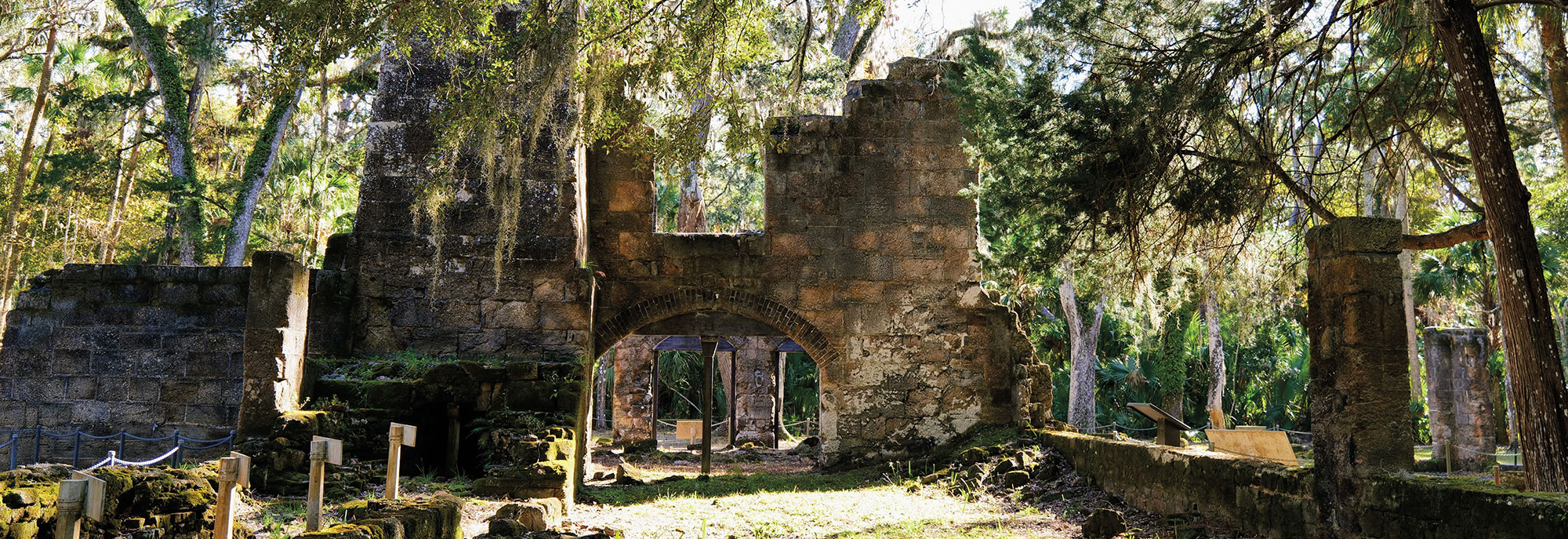
Features May/June 2025
Lost City of the Samurai
Archaeologists rediscover Ichijodani, a formidable stronghold that flourished amid medieval Japan’s brutal power struggles
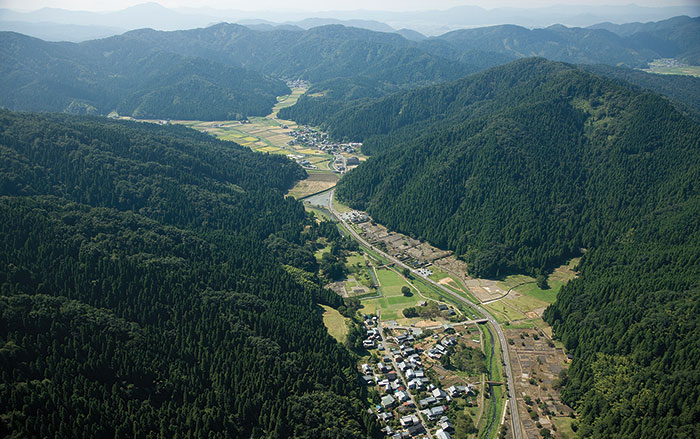
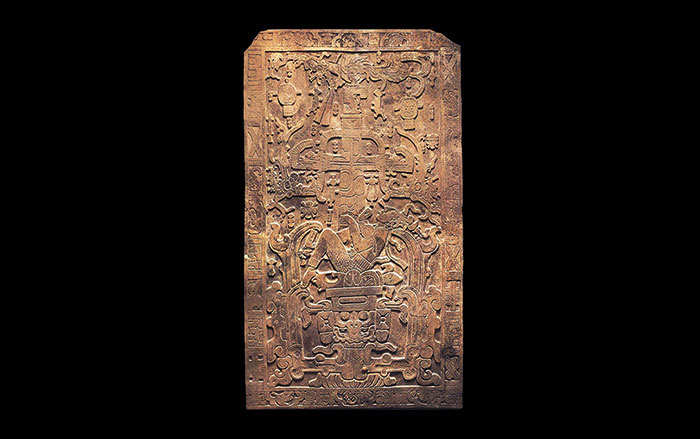
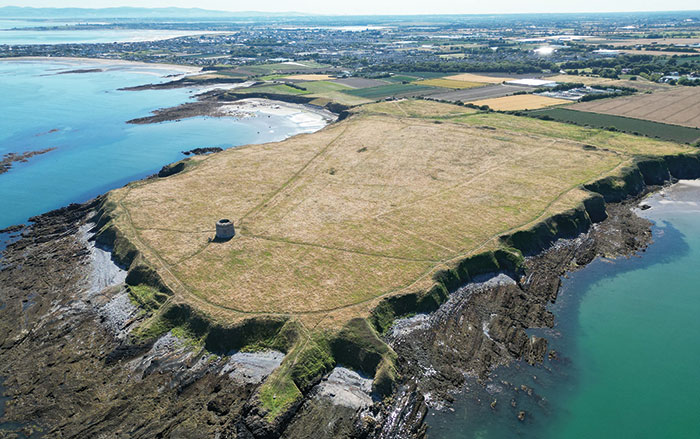
-
Features November/December 2012
Zeugma After the Flood
New excavations continue to tell the story of an ancient city at the crossroads between east and west
 (Hasan Yelken/Images & Stories)
(Hasan Yelken/Images & Stories) -
Letter from India November/December 2012
Living Heritage at Risk
Searching for a new approach to development, tourism, and local needs at the grand medieval city of Hampi
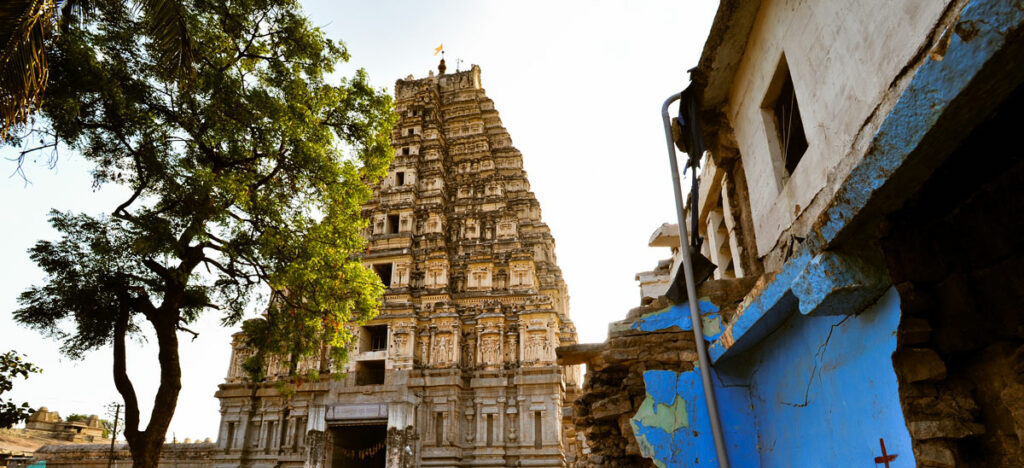 (Gethin Chamberlain)
(Gethin Chamberlain) -
Artifacts November/December 2012
Beaker Vessels
Ceramic beakers were the vessels of choice for the so-called “Black Drink” used at Cahokia by Native Americans in their purification rituals
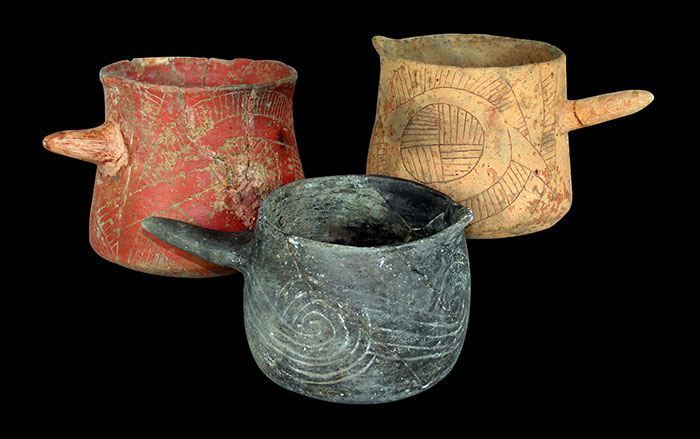 (Linda Alexander, photographer, use with permission of the Illinois State Archaeological Society)
(Linda Alexander, photographer, use with permission of the Illinois State Archaeological Society) -
Digs & Discoveries November/December 2012
The Desert and the Dead
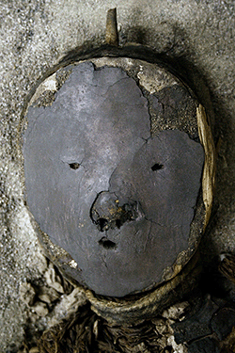 (Courtesy Bernardo Arriaza)
(Courtesy Bernardo Arriaza)


